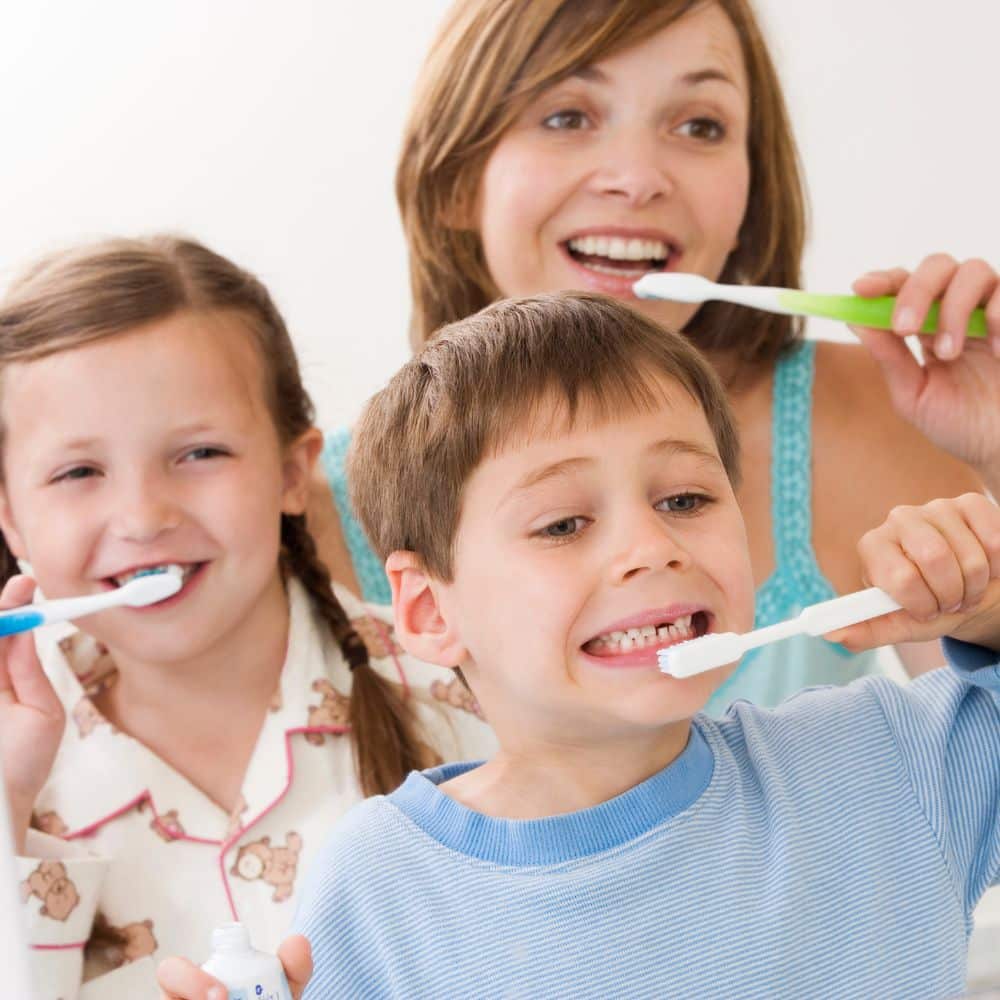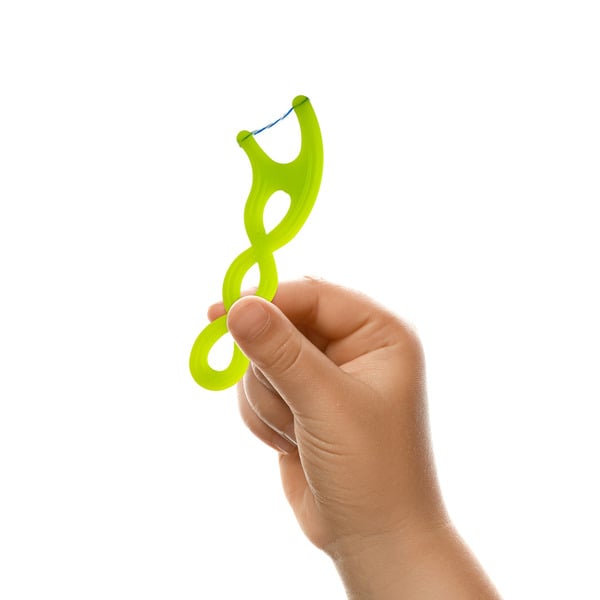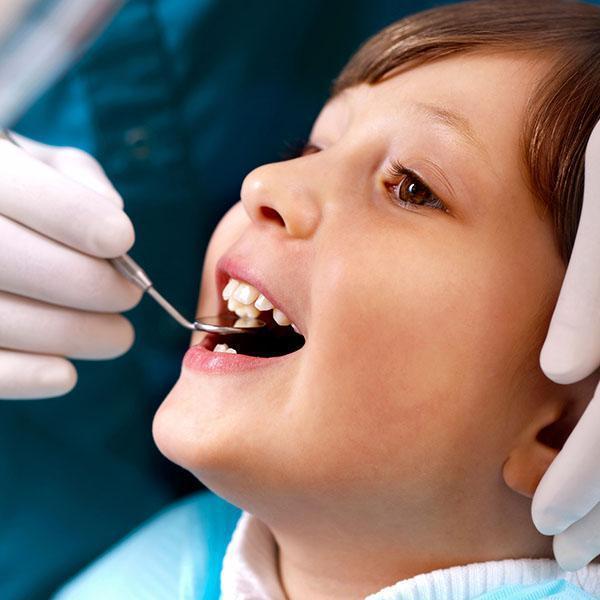Oral care for children starts long before their first tooth emerges. Instilling good habits early can lead to a lifetime of healthy smiles. As parents, caregivers, or educators, it is our responsibility to guide our little ones through the basics of oral hygiene. Let's explore how to create an environment that promotes dental health from the ground up.
The Importance of Early Oral Care

Just like any other aspect of health, oral care should begin at an early age. Even before your baby has teeth, you can start a routine that focuses on their gums. Clean their gums with a soft, damp cloth after feedings. This not only helps in reducing bacteria buildup but also introduces them to the sensation of oral hygiene.
Once their first tooth appears, it's time to switch to a baby toothbrush and fluoride-free toothpaste. Establishing this habit early sets the stage for a healthier mouth and can significantly reduce cavities later on.
Creating a Fun Routine

Making oral care enjoyable is essential. Children often mirror the behaviors and attitudes of adults. Turning brushing into a fun routine can help solidify it as a lifelong habit.
Consider using a timer with a fun song that lasts for two minutes. Allow the child to choose their own toothbrush and toothpaste flavor, turning a mundane task into an exciting activity. You might even play a brushing game or create a chart to track their progress. Reward them for their efforts to keep the positivity flowing!
Teaching Proper Techniques
Teaching children the proper techniques for brushing and flossing is crucial. Demonstrate how to hold the toothbrush at a 45-degree angle and use gentle circular motions. Show them how to reach all surfaces of their teeth, including the back molars.
The Role of Diet in Oral Health

The diet we choose for our children plays a pivotal role in their oral health. Sugary snacks and drinks can lead to cavities. Encourage a diet rich in fruits, vegetables, and dairy products, which promote strong teeth and gums.
Be sure to talk about the benefits of drinking water, particularly fluoridated water, which can help prevent tooth decay. Incorporating healthy foods not only promotes oral health but contributes to their overall well-being.
Regular Dental Check-ups

Regular dental visits should begin by the time your child turns one or when their first tooth appears. These appointments are crucial for monitoring dental development and identifying potential issues early on.
Educate your child about what to expect at the dentist, so they feel comfortable and excited about their visits. Reinforcing the idea that going to the dentist is a positive experience will make it easier for them to maintain those visits as they grow older.
Encouraging Flossing Habits

Flossing may seem like a daunting task for children; however, teaching them early can lead to lifelong habits. Start introducing flossing around the age of 2 or 3 when they have enough teeth that are touching each other. Consider using techniques that make it easier, like using a floss pick designed for kids.
Demonstrate the importance of flossing to remove food particles and plaque from between teeth. Making it part of their daily routine ensures it doesn’t become a neglected task later on.
The Influence of Parents and Caregivers
A child’s oral hygiene habits are often a reflection of what they observe in their parents and caregivers. Show them that you prioritize your own dental care. Regular brushing, flossing, and visiting the dentist should be a family affair and can lead to a culture of health within the household.
Keeping It Consistent
Consistency is key in any routine. Establishing a morning and bedtime oral care routine helps integrate these practices into their daily lives. Consider setting reminders on your phone or using a rewards system to motivate your child to stick with it.
It's also worth noting that it can take time for your child to develop these habits fully. Be patient, supportive, and celebratory of their progress, whether it's a small toothbrushing victory or a well-executed flossing attempt.
Conclusion: A Path to Lifelong Oral Health

By teaching children about oral care early, we lay the foundation for a lifetime of healthy habits. Remember, dental care can be fun, engaging, and rewarding! With the right approach, children will thrive with their bright, healthy smiles.
Helping them build this routine can seem daunting at first, but it's a journey worth taking. Equip them with the knowledge, tools, and enthusiasm they need to maintain their oral health, and they will carry those lessons throughout their lives. A little diligence now will pay off tenfold as they navigate the world, brimming with confidence and bright smiles.
References:
- Dental Care Tips for Children. American Dental Association. https://www.ada.org
- How to Help Your Child Develop Good Oral Hygiene Habits. MouthHealthy.org. https://www.mouthhealthy.org
- Children’s Oral Health. Centers for Disease Control and Prevention. https://www.cdc.gov
- Making Dental Hygiene Fun for Kids. Colgate. https://www.colgate.com
- Healthy Habits for Kids: Oral Health. HealthyChildren.org. https://www.healthychildren.org













